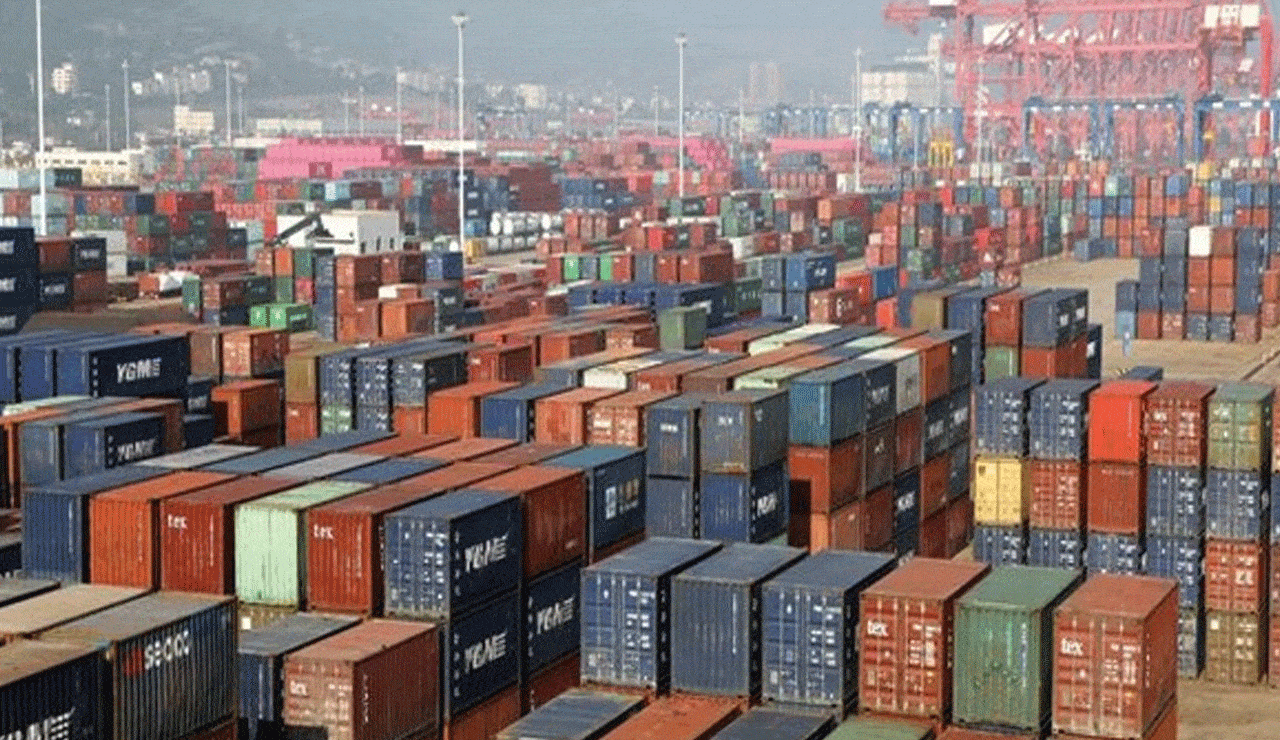India-Pakistan Trade Relations Strained Further After Pahalgam Terror Attack
The recent terror attack in Jammu and Kashmir's Pahalgam, which claimed the lives of 26 people, has not only deepened the diplomatic divide between India and Pakistan but also exacerbated the already strained trade relations between the two neighboring nations.

New Delhi: The recent terror attack in Jammu and Kashmir’s Pahalgam, which claimed the lives of 26 people, has not only deepened the diplomatic divide between India and Pakistan but also exacerbated the already strained trade relations between the two neighboring nations. Experts suggest that the attack is likely to prompt India to implement even more stringent measures, including suspending trade ties with Pakistan.
Table of Contents
Closure of Attari Integrated Check Post: A Significant Blow to Trade
Trade between India and Pakistan has always been tumultuous, with tensions flaring up over the years, particularly after the Pulwama attack in 2019. The imposition of a 200% duty on Pakistani goods in the aftermath of that attack led to a significant decline in bilateral trade. The recent Pahalgam terror attack has further escalated these tensions, resulting in the closure of the Attari Integrated Check Post, a vital trade route between the two countries.
Also Read: India-Pakistan Cricket Boycott: Could This Be the End of Pakistan’s Cricket Economy?
This closure is expected to bring cross-border trade worth around Rs 3,800 crore to a standstill, impacting both the Indian and Pakistani economies. However, experts believe that India may not be severely impacted by the suspension of trade with Pakistan, as it has been gradually reducing trade with its neighbor in the past years, anticipating possible conflicts.
Indirect Trade Channels: A Complex Web
Despite the official restrictions on direct trade, Indian goods continue to reach Pakistan through indirect routes, primarily via third-party countries such as Dubai and Singapore. While these channels ensure that the trade network remains secure, they also raise concerns about the political and moral implications. Indirect trade could be seen as undermining the official stance of limiting trade with Pakistan, potentially complicating the diplomatic efforts India is making to hold Pakistan accountable for its role in fostering terrorism.
Diplomatic Fallout: Suspension of Indus Waters Treaty and Visa Cancellation
In addition to suspending trade, India has taken further steps in response to the Pahalgam attack by announcing the suspension of the Indus Waters Treaty, which governs the sharing of water from rivers that flow through both countries. India has also canceled visas for Pakistani nationals, further straining the diplomatic ties.
India’s decision to take these steps reflects its growing frustration with Pakistan’s alleged support for terrorism and its continued backing of groups that pose a threat to India’s national security. With the ongoing rise in tensions, the future of India-Pakistan relations, particularly in the economic and diplomatic spheres, remains uncertain.
